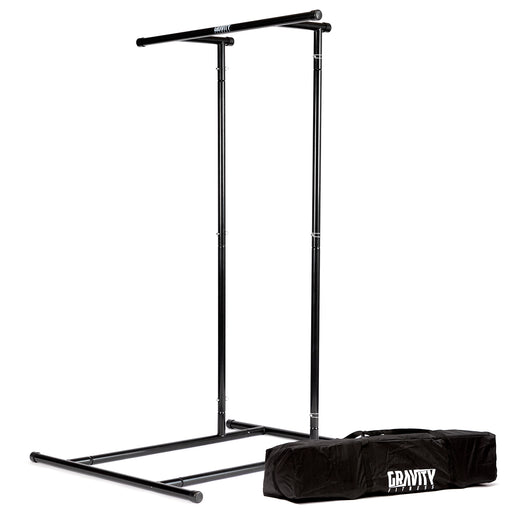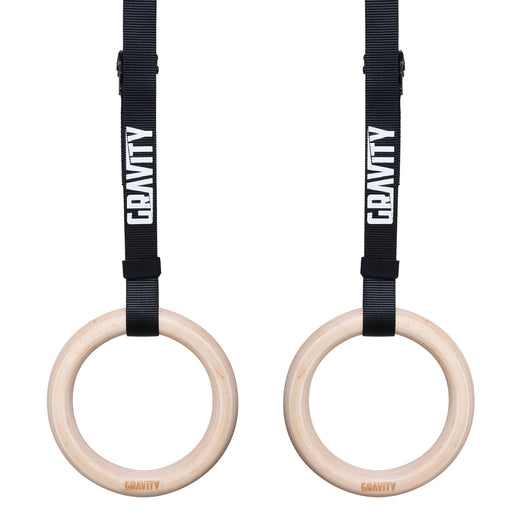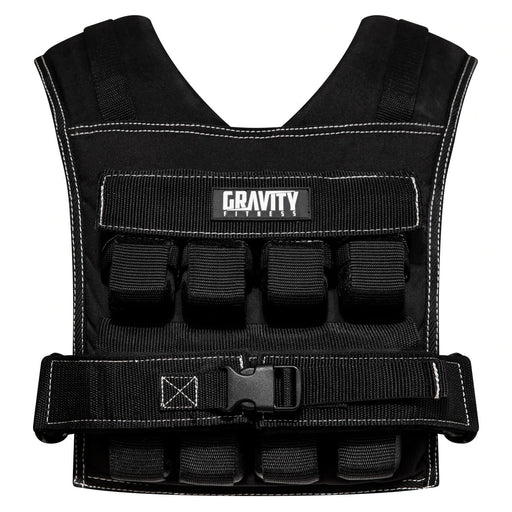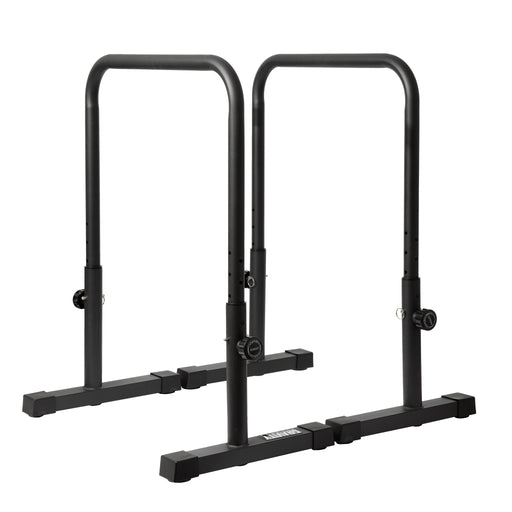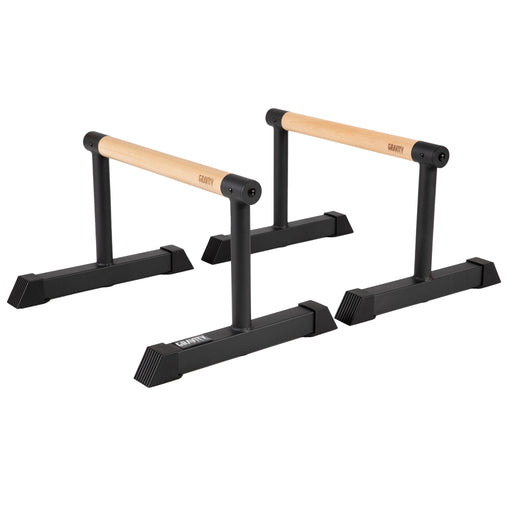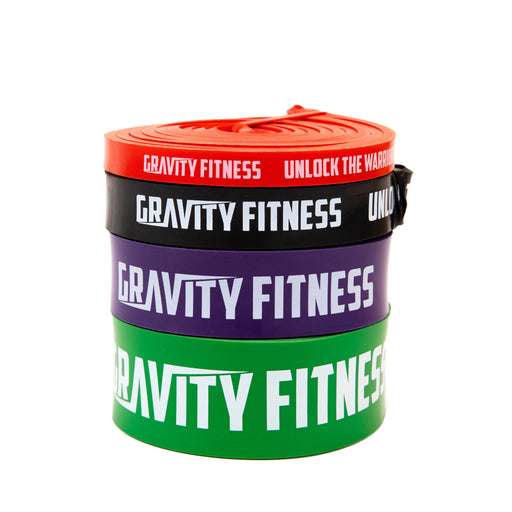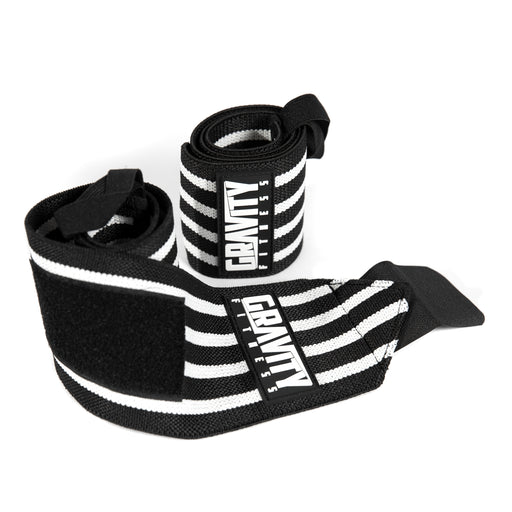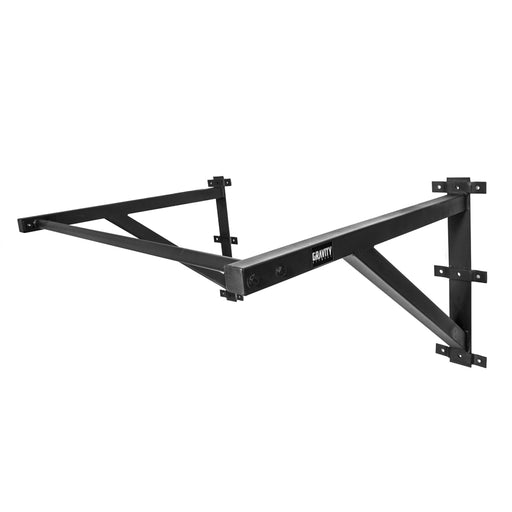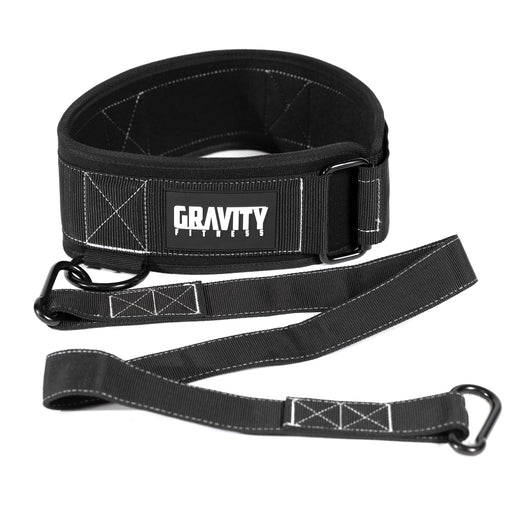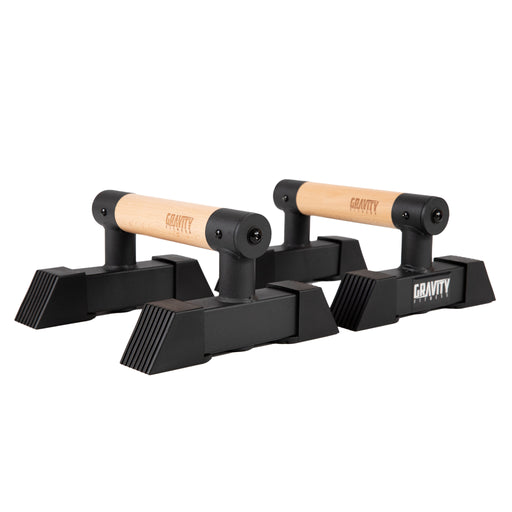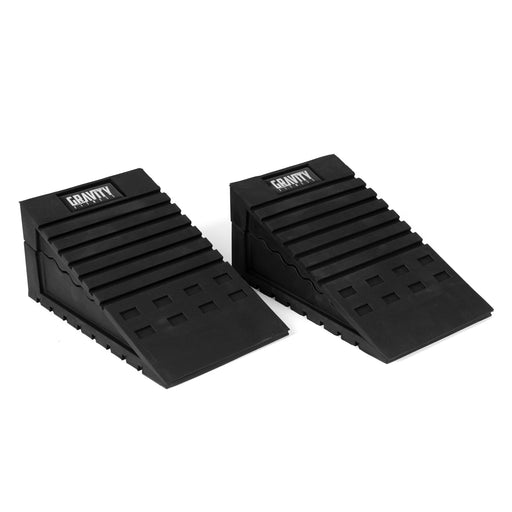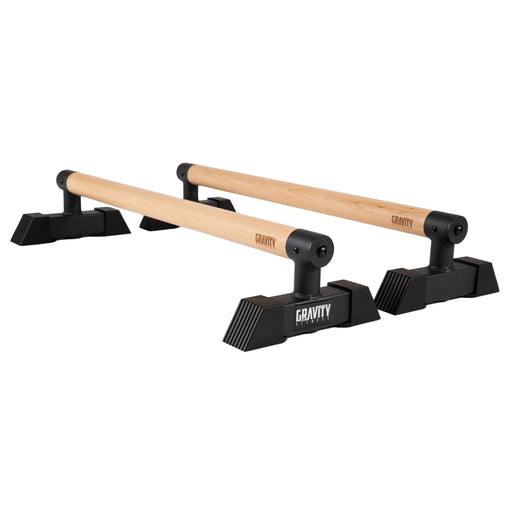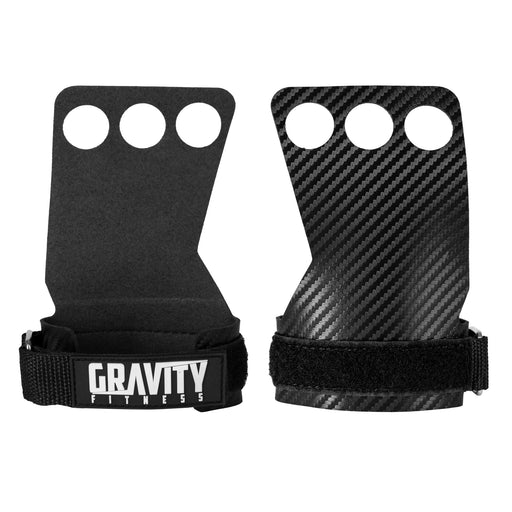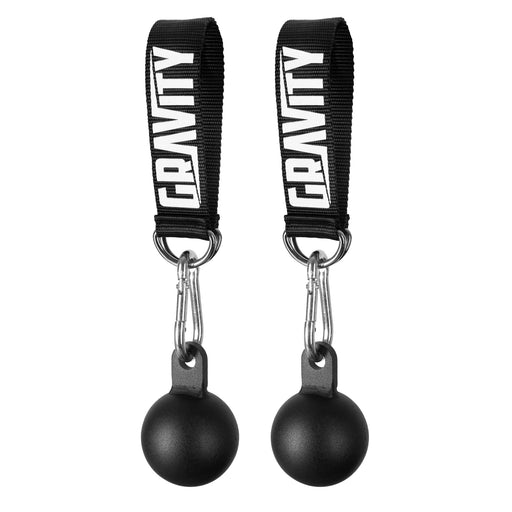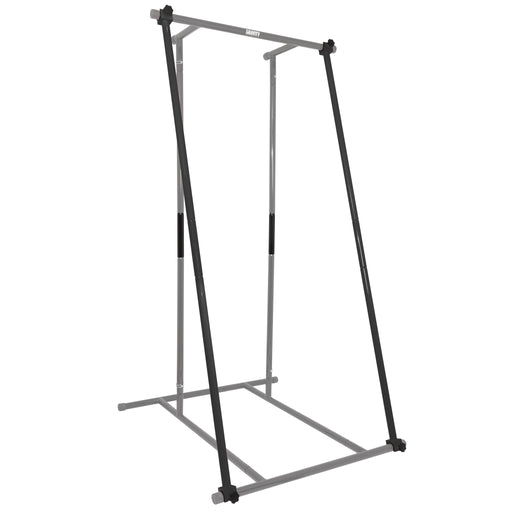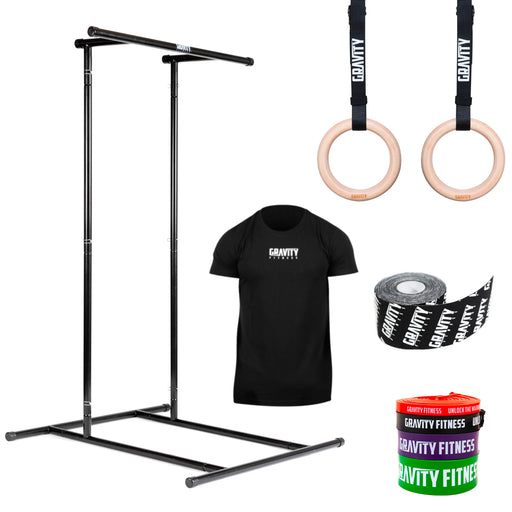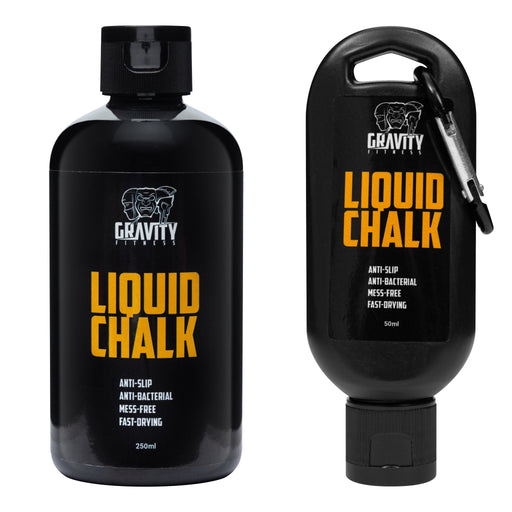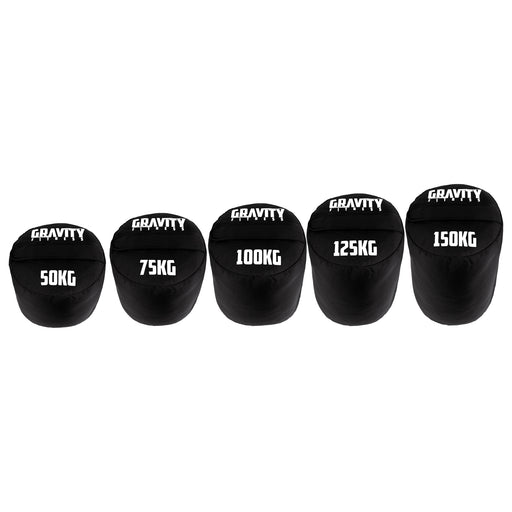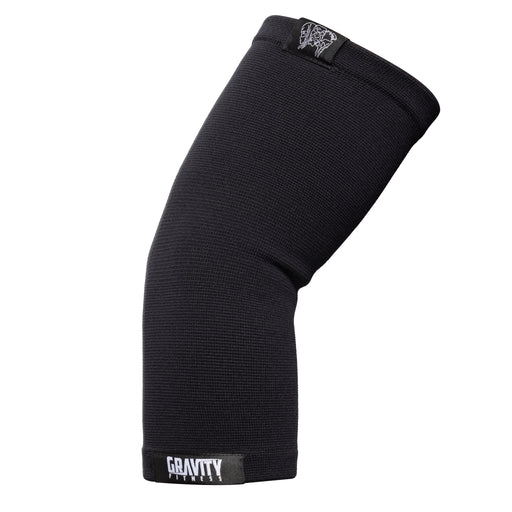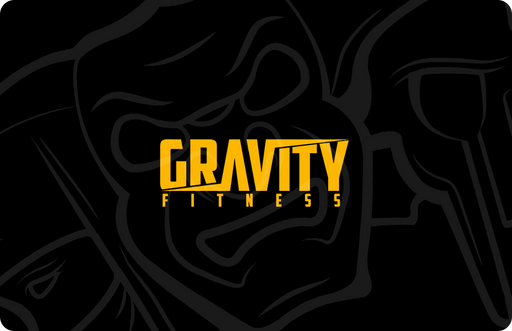7 Hydration Sports Performance Myths Busted
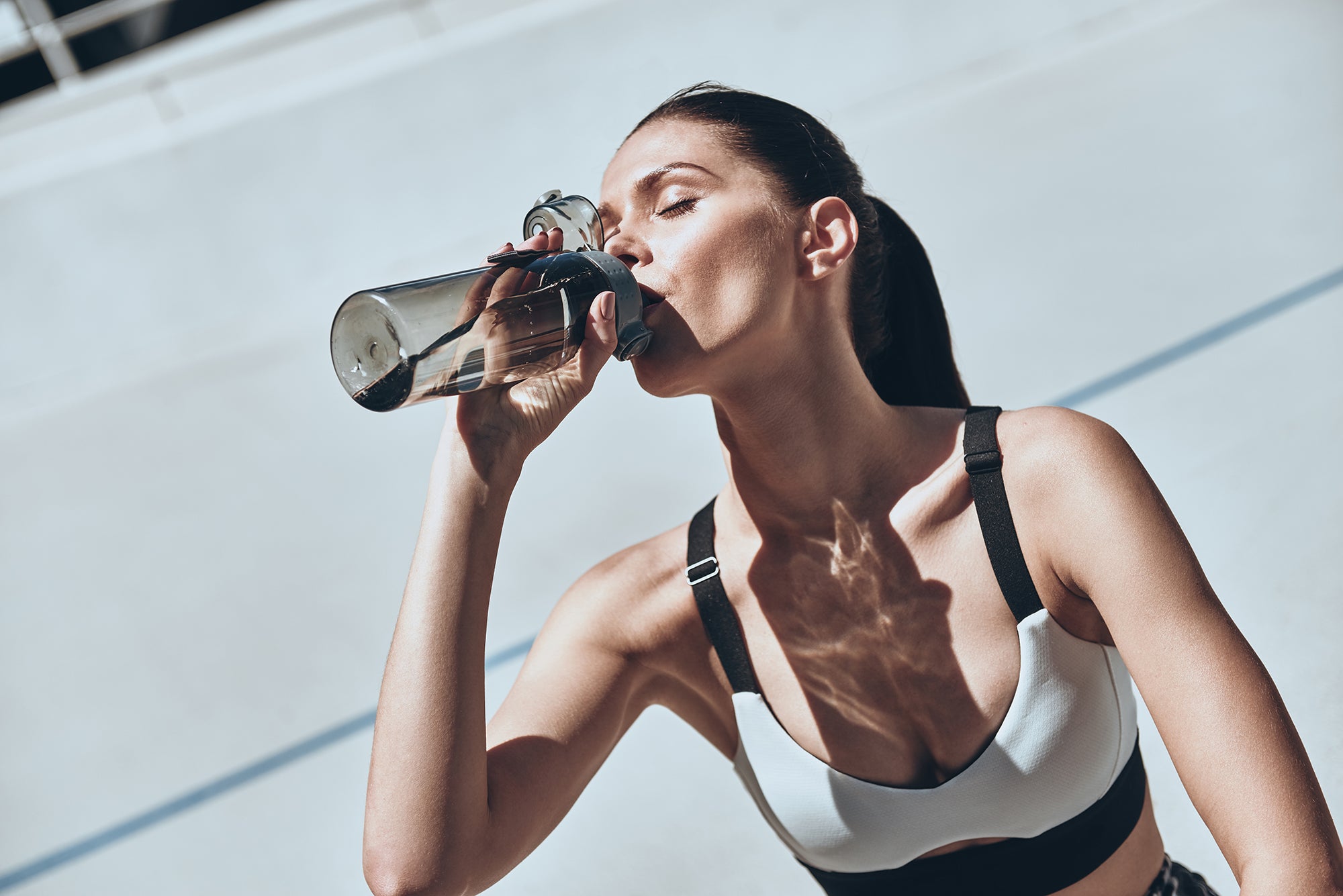
We all know hydration is an important part of a healthy lifestyle, especially when you train hard and ask a lot of your body. But how much do you need to drink, and what are the best hydration strategies? Let’s sort the hydration facts from the myths.
How does hydration affect training performance?
Dehydration doesn’t just make you feel rubbish. It actually impacts your training performance, speed, strength and recovery. Water makes us 50%-70% of our body mass, and our bodies do a pretty good job of maintaining hydration over the course of a day. But exercise can disrupt fluid balance (especially in hot or humid conditions).
A 2019 article in Nutrition Support for Athletic Performance (1) reminds us that “thirst is relatively insensitive in acutely tracking hydration status during exercise”, and that we need to avoid more than a 3% water loss during exercise if we want to avoid the risks of dehydration.
3 ways to stay hydrated during training
- Start your exercise session well-hydrated
- Take on fluids during training to prevent excess loss
- Replace fluids lost during training ASAP afterwards
Hydration myths and truths
You need 2 litres of water a day
MYTH! The amount of fluid you need is totally individual, and should be based on your body mass, activity levels, sweat levels, the weather and temperature. Try calculating it as kg bodyweight x 0.033 = litres of water per day and use this as a baseline.
Aim for clear urine
MYTH! We’ve all seen those wee colour chart, but the truth is a bit more complex than aiming for “straw coloured” or lighter. In fact, totally clear wee could be a sign you’re heading for over-hydration. If it’s starting to look like apple juice, definitely drink a bit more water.
Tea and coffee are dehydrating
MTH! This is a myth that just won’t go away. Caffeine can increase urine output for a few hours, but the effect is minimal, and the extra water you take in from the cuppa will balance it out. If you use caffeine tablets, be sure to drink a bit of extra water.
By the time you feel thirsty, you’re already dehydrated
MYTH!
Water is all you need for hydration
MYTH! Water is a great hydration tool and should form the basis of your daily hydration habits. But you need more than just water – especially when you train. Add electrolytes to your water especially on hot or humid days, or for sweaty cardio workouts. Forget coconut water, it might taste OK but it lacks a complete electrolyte profile.
Sports drinks hydrate you
MYTH! Be careful about grabbing pre-mixed sports drinks off the shelf. These are often full of calories and sugars (and sometimes oils and other gross ingredients) which you really don’t need. Your best bet is to stick with plain water/sugar free squash, a quality intra-workout drink, or the occasional electrolyte ablet added to your water.
There’s no such things as too much water
MYTH! You definitely can over-hydrate, and it can be dangerous. Too much water can lead to hyponatremia, where blood sodium levels get dangerously low.
Daily hydration habits for better performance
1 Start the day with a glass of water or non-caffeinated tea
2 Take a bottle of water with you to work, in the car, at your desk etc
3 Drink during workouts and consider adding electrolytes as an intra-workout
4 Use your thirst as a guide and listen to your body
5 Eat more water-heavy foods like cucumber, melon and other fruits and veg
6 Salads, stir fries, crudites and fruit salads definitely contribute to hydration
7 Water with your protein drinks or smoothies counts too
















